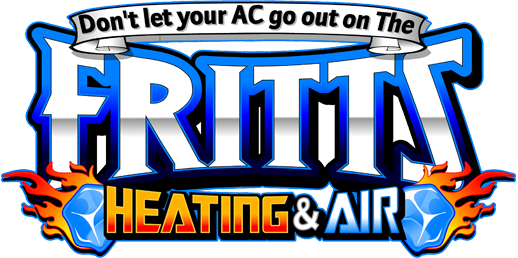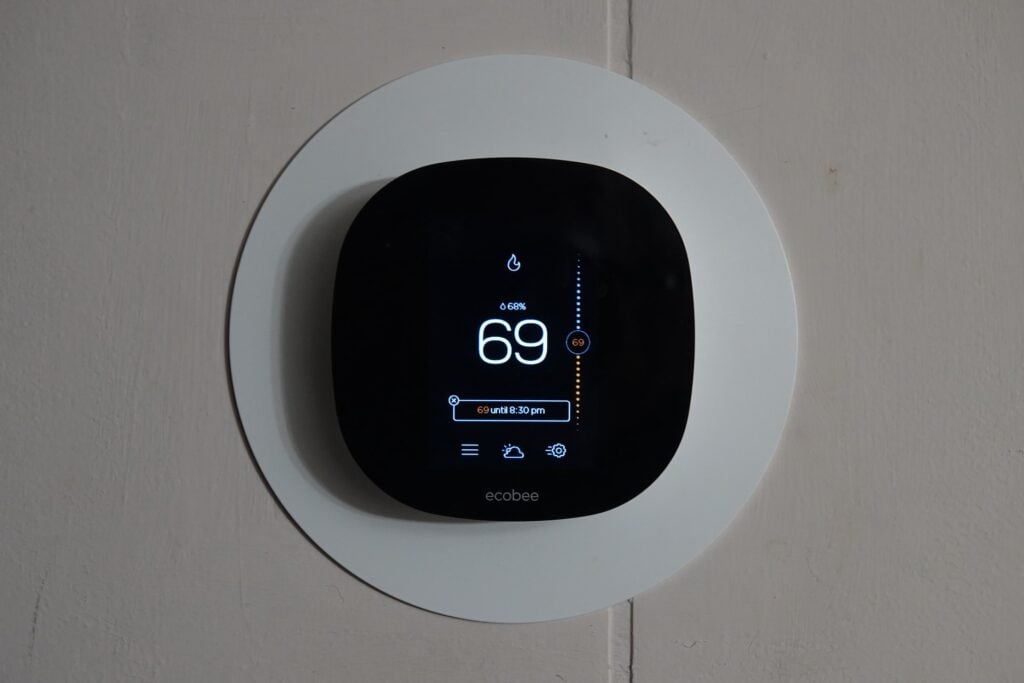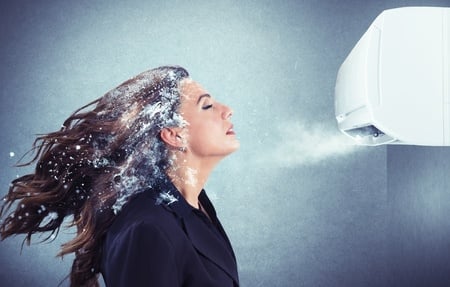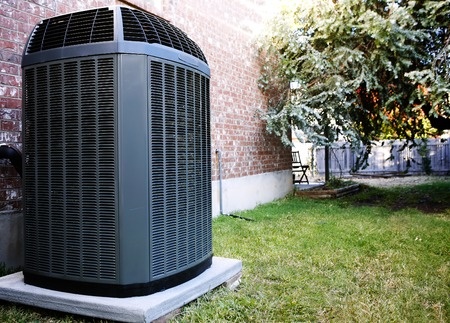Tired of your home being an uncomfortable temperature during the Summer? Stay comfortable and save on your energy bills by figuring out what the best Summer thermostat settings are.
Typically there are two stages: either you are too cold from the air conditioning being turned down way too low or you are uncomfortably warm because the summer thermostat settings are too high. Both of these can be avoided. Here, Fritts Heating & Air discusses the ideal temperature to set your thermostat in the summer, keeping everyone comfortable while preventing your energy bill from skyrocketing.
Ideal Summer Thermostat Settings
In our previous blog, we talked about how roughly 70 degrees is considered the ideal winter thermostat setting. Now that the summer heat is upon us, it’s important to know the ideal summer thermostat settings for the warmer months. Experts typically say that 78 degrees is the perfect setting for the summer months. Now, we know that this may be too hot for some members of your household, but this temperature is based on energy savings. According to energy provider Direct Energy, even if family members need a little time to adjust, 78 F is the perfect setting for keeping everyone cool and containing your energy bill.
Adjusting Your Thermostat
Seventy-eight degrees may be the best thermostat setting for your energy bill, but it may feel toasty to some people. Factors depend on the location of the home, how much direct sunlight the house gets and how well insulated your home is. If you or other family members feel 78 F is still too high, here are some helpful tips to stay cool:
- Wear lightweight, loose-fitting clothing.
- Use fans.
- Avoid using the oven during the day.
- Take a cool shower before bedtime.
Does Thermostat Placement Matter?
Thermostat placement does affect how your heating and cooling system performs. A thermostat placed in the wrong part of the home will give an inaccurate reading, also known as a “ghost reading.” If a thermostat is in a hotter area of the home, it will keep asking the air conditioner to pump cool air even if the rest of the home is already cooled to 78 F or lower. Try to avoid the following locations:
- Areas in direct sunlight
- Directly above air vents
- Kitchens and warmer rooms
- Near doors or windows, where sunlight and ambient heat may create a falsely high reading.
FYI: Don’t worry about a ceiling fan in the same room as the thermostat. Fans won’t affect the thermostat reading.
Maximize Efficiency
To maximize comfort and energy savings, it is recommended to upgrade your system to a smart thermostat system. Consider one of these options for energy savings and maximum efficiency:
- Smart thermostats connect to your WiFi system and self-adjust based on your schedule or daily weather. Several systems allow you to place motion sensors in each room. By doing this, you only cool or heat a room when it’s occupied.
- Programmable thermostats typically function with a mobile app so they can be controlled remotely, although simpler models require you to program the settings at the wall thermostat. They allow you to program indoor temperatures based on household usage.
- WiFi thermostats connect to your home’s wireless internet service and let you remotely check and change the temperature from an app on your smartphone or tablet.

Call Fritts Heating & Air
At Fritts Heating & Air, we’re not comfortable until you are. That means keeping you cool during the summer months and providing you with professional repair services when you need us. We repair all brands of residential and commercial heating systems. Let us keep your home or business cool with our expert cooling system repair services. When you first notice that your air conditioning is not working or keeping your home or business cool appropriately, it’s best to call the A/C repair experts at Fritts Heating & Air. Our highly trained HVAC technicians will inspect, service, and repair your cooling unit. We offer our customers more than two decades of experience within the HVAC industry. We also have HVAC financing options available.



